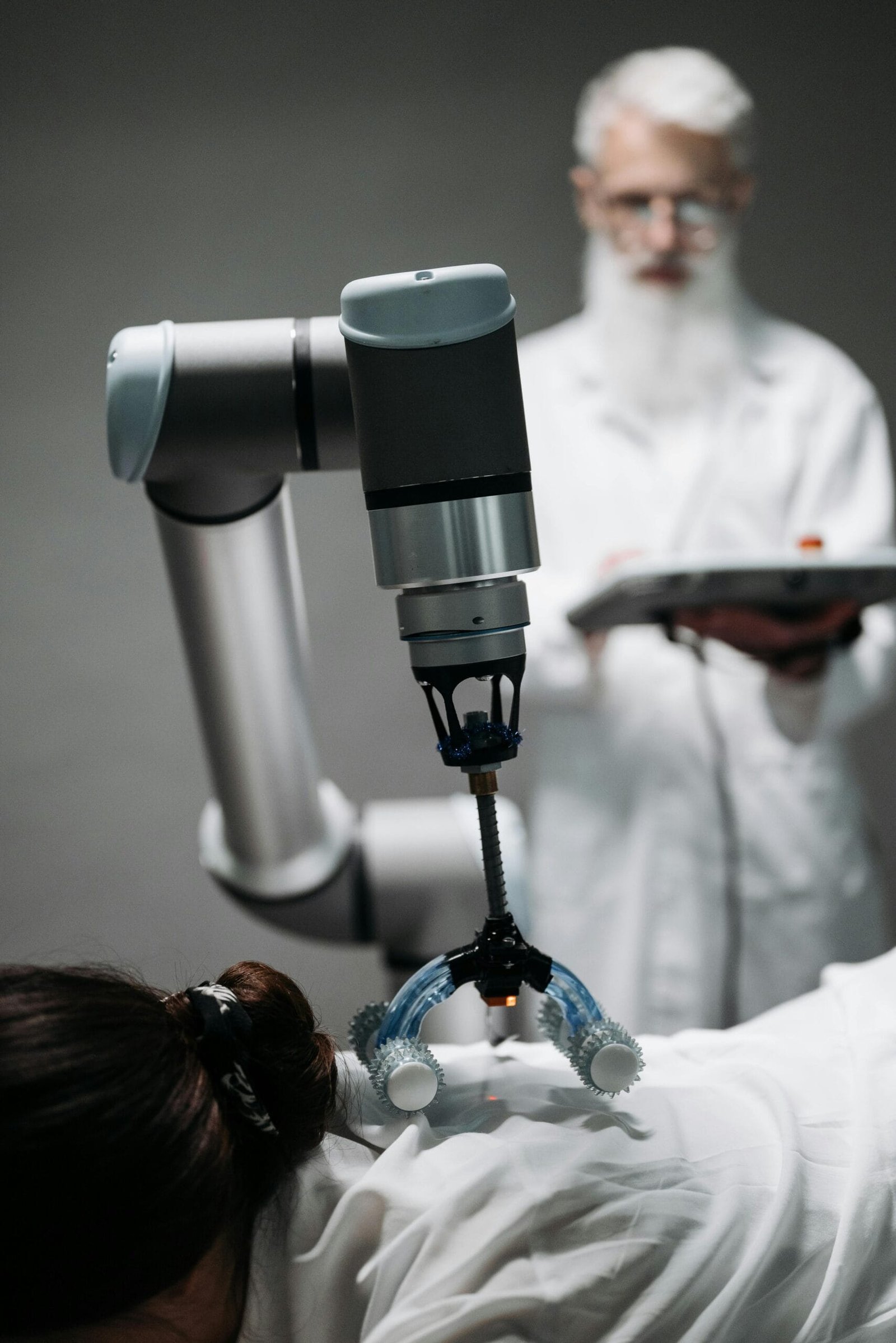
How Artificial Intelligence is Revolutionizing Medicine: Benefits, Challenges, and Future Prospects
Artificial Intelligence (AI) is no longer a futuristic concept; it is a present-day reality transforming industries, including healthcare. From enhancing diagnostics to optimizing patient care, AI is making medicine more efficient and personalized. However, as it becomes an integral part of medical practices, understanding its health impacts—both positive and negative—is crucial.
The Role of AI in Medicine
Artificial Intelligence refers to machines or systems that simulate human intelligence to perform tasks like decision-making, learning, and problem-solving. In medicine, AI is being utilized in the following ways:
- Medical Imaging: AI algorithms analyze X-rays, MRIs, and CT scans, helping detect anomalies like tumors and fractures more accurately and quickly.
- Virtual Health Assistants: Chatbots and virtual assistants provide basic medical advice, schedule appointments, and assist with medication management.
- Predictive Analytics: AI analyzes patient data to predict health risks and outcomes, enabling preventive care strategies.
Positive Impacts of AI on Health
a. Enhanced Diagnostics and Accuracy
AI-powered tools reduce human error by identifying patterns in medical data that may be missed by practitioners. For example, AI systems like Google DeepMind have been instrumental in diagnosing retinal diseases and predicting acute kidney injuries.
b. Personalized Treatment Plans
AI-driven platforms analyze a patient’s genetic makeup, lifestyle, and medical history to recommend customized treatment plans. This enhances the efficacy of therapies, especially in oncology.
c. Faster Drug Discovery
AI accelerates the drug discovery process by simulating drug interactions and predicting their effectiveness, reducing the time and cost associated with clinical trials.
d. Remote Patient Monitoring
Wearable devices integrated with AI can monitor vital signs, alert healthcare providers of irregularities, and reduce hospital readmissions.
Challenges and Risks Associated with AI in Healthcare
a. Data Privacy Concerns
AI systems require vast amounts of patient data, raising concerns about data security and privacy breaches. Improper handling of sensitive health data can lead to ethical and legal complications.
b. Algorithm Bias
AI models can inherit biases from the data they are trained on, leading to unequal treatment outcomes for different demographic groups. For example, some AI diagnostic tools have been found less effective for certain populations due to skewed training data.
c. Dependency on Technology
Over-reliance on AI could reduce human oversight, potentially leading to critical errors in cases where technology fails or provides incorrect recommendations.
Ethical Concerns in AI-Driven Medicine
- Decision-Making Authority: Should AI have the final say in critical medical decisions, or should it remain a support tool for doctors?
- Job Displacement: The automation of administrative and clinical tasks raises concerns about job losses in the healthcare sector.
- Transparency: Ensuring that AI algorithms are transparent and explainable is vital to build trust among healthcare providers and patients.
Future Prospects of AI in Medicine
The integration of AI in medicine is just beginning, and its potential is vast. Future applications may include:
- AI-Powered Robotic Surgeries: Providing precision and reducing recovery times.
- Advanced Predictive Analytics: Helping in global health crises like pandemics by predicting outbreaks and resource allocation.
- Genomic Medicine: AI can decode the human genome faster, paving the way for advancements in gene therapy.
Conclusion
AI is undeniably transforming the medical field, offering groundbreaking solutions to complex healthcare challenges. While its potential is immense, balancing innovation with ethical considerations is essential. By addressing challenges like data privacy and algorithm bias, AI can truly revolutionize medicine and improve global health outcomes.
Dont Hesitate To Contact Us
We’re here to help! If you have any questions, feedback, or need assistance, please feel free to reach out.
Trusted Resources for More Information
World Health Organization (WHO) – AI in healthcare and its implications for patient care and medical ethics:
National Institutes of Health (NIH) – Research and development of AI in medicine, focusing on diagnostics, treatment, and drug discovery:
Nature Medicine – A leading journal publishing research on AI applications in healthcare, including benefits and ethical concerns:
Harvard Medical School – Articles discussing AI’s role in enhancing medical procedures, patient monitoring, and more:


